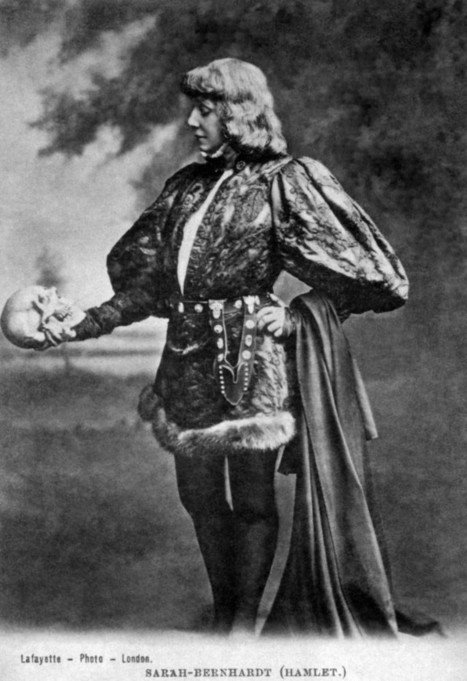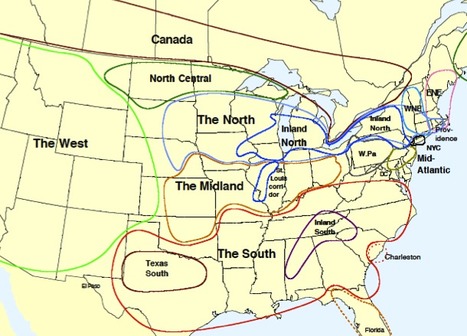Harvard Professor of Government, James Robinson presents a provocative new theory of political economy, explaining why the world is divided into nations with wildly differing levels of prosperity.
Research and publish the best content.
Get Started for FREE
Sign up with Facebook Sign up with X
I don't have a Facebook or a X account
Already have an account: Login

 Your new post is loading... Your new post is loading...
 Your new post is loading... Your new post is loading...
|
|





























